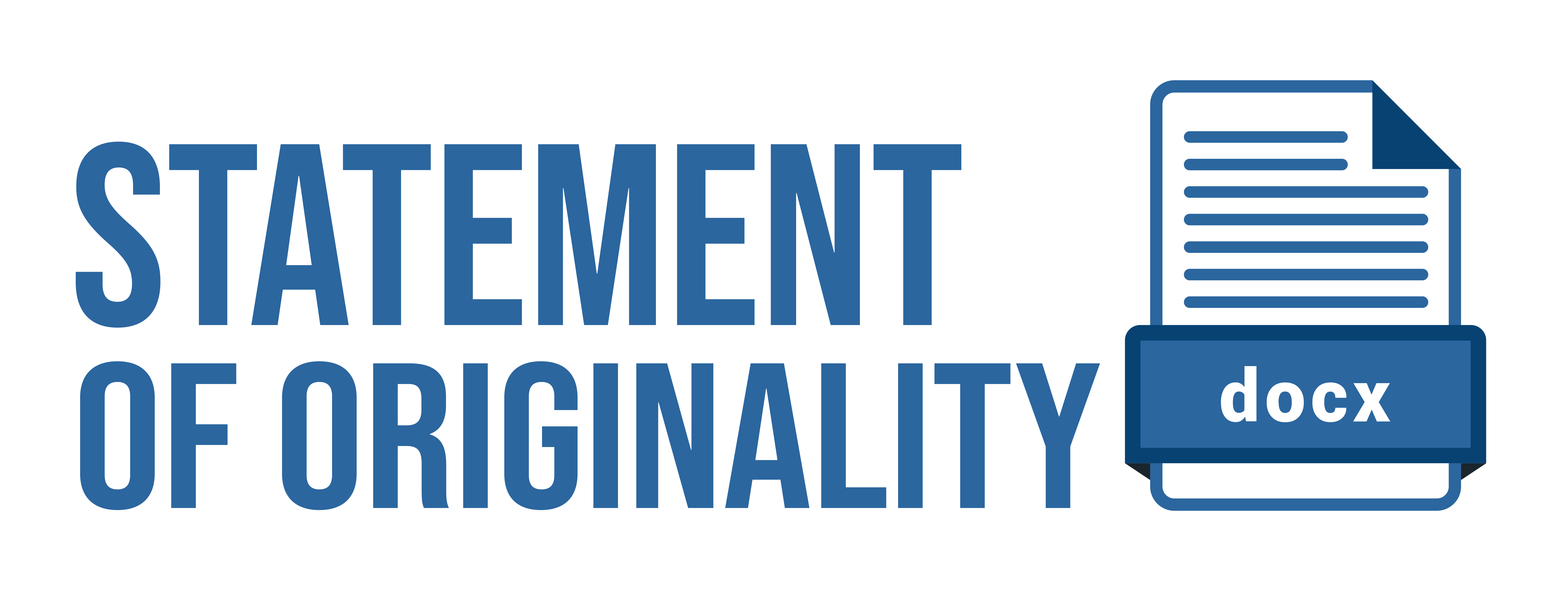POLITIK HUKUM ISLAM DALAM SISTEM HUKUM TATA NEGARA REPUBLIK ISLAM IRAN
DOI:
https://doi.org/10.15575/as.v16i2.629Abstract
Iran is one of the Muslim countries with predominantly population which follow the Shiite ideology and system of government as well as representing prototife modern Islam. Imamate system applied in the constitutional system of the Islamic Republic of Iran represents a form of legal awareness and political will of the authorities to submit to Islamic legal doctrines. The most unique characteristic of the political development of Islamic law in Iran is political reform in the early days after the Islamic revolution, Ayatollah Khumayni perform as well as religious and political leaders. But in its development, religious leaders separated by political leaders. However, the fact that khumayni still the religious leaders and the president in the political perspective. Thus, all policies in the various State agencies in Republic Islam of Iran must be following to Khumayni.
Downloads
Published
2014-08-31
How to Cite
Hidayat, U. (2014). POLITIK HUKUM ISLAM DALAM SISTEM HUKUM TATA NEGARA REPUBLIK ISLAM IRAN. Asy-Syari’ah, 16(2), 89–98. https://doi.org/10.15575/as.v16i2.629
Issue
Section
Articles
Citation Check
License
The author whose published manuscript approved the following provisions:
- Authors retain copyright and grant the journal right of first publication with the work simultaneously licensed under a Attribution-ShareAlike 4.0 International (CC BY-SA 4.0) License that allows others to share the work with an acknowledgment of the work's authorship and initial publication in this journal.
- Authors are able to enter into separate, additional contractual arrangements for the non-exclusive distribution of the journal's published version of the work (e.g., post it to an institutional repository or publish it in a book), with an acknowledgment of its initial publication in this journal.
- Authors are permitted and encouraged to post their work online (e.g., in institutional repositories or on their website) prior to and during the submission process, as it can lead to productive exchanges, as well as earlier and greater citation of published work (See The Effect of Open Access).






